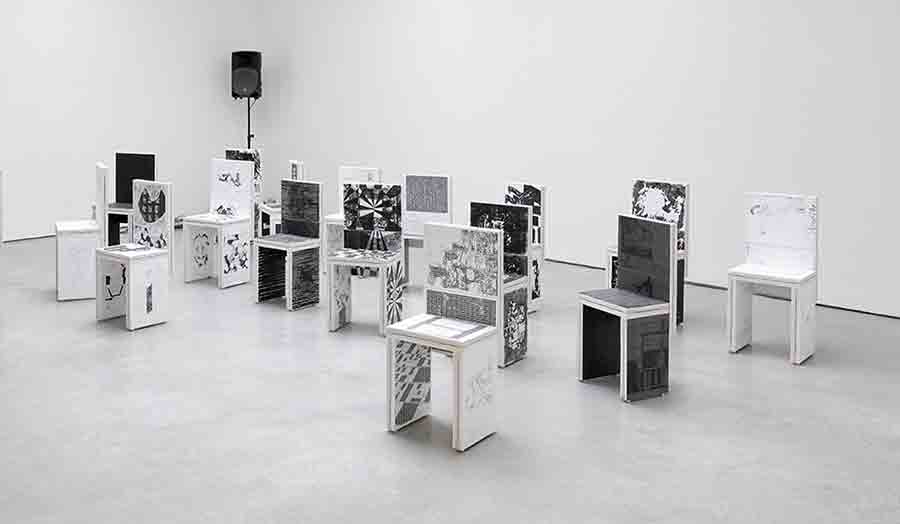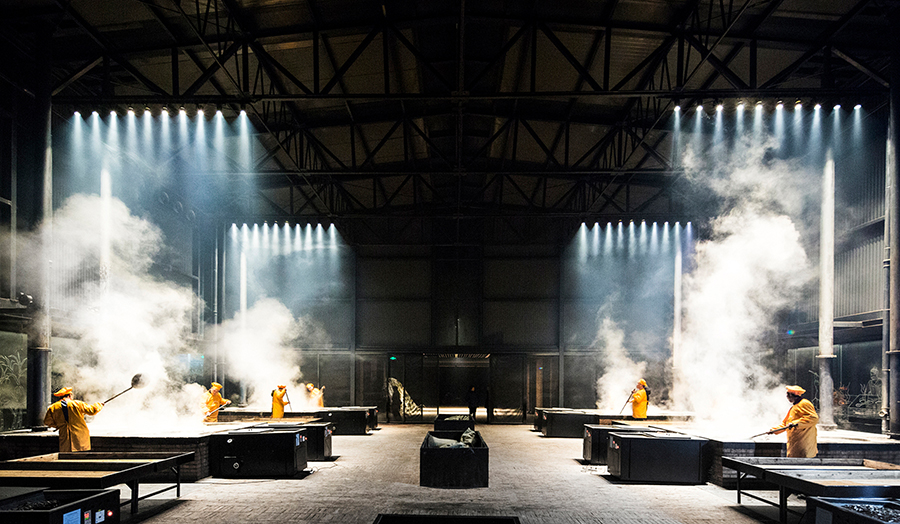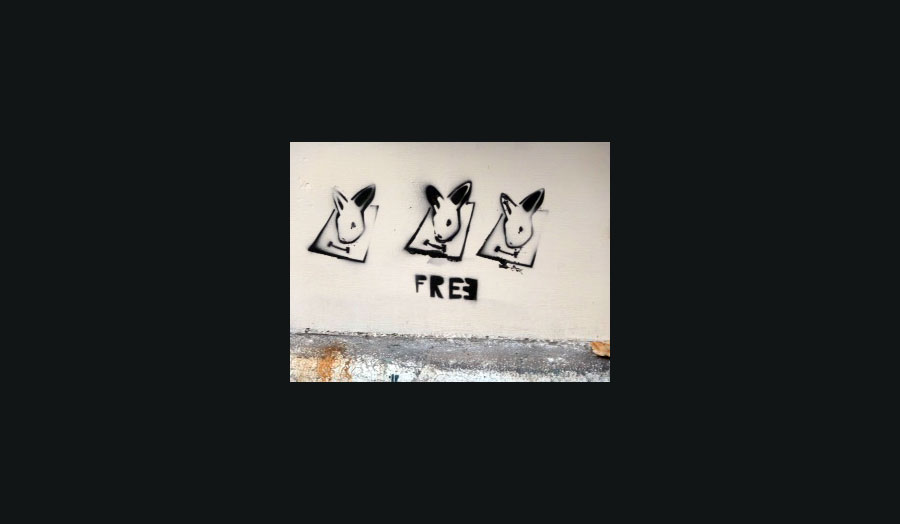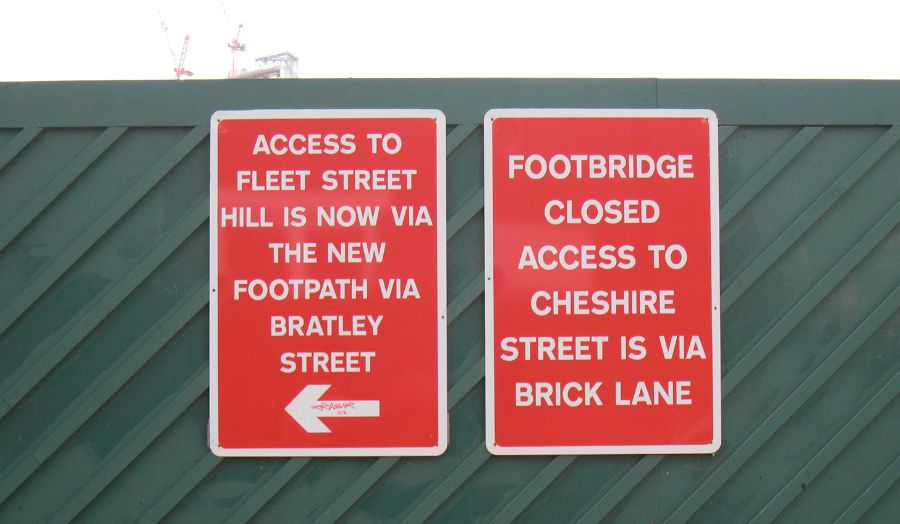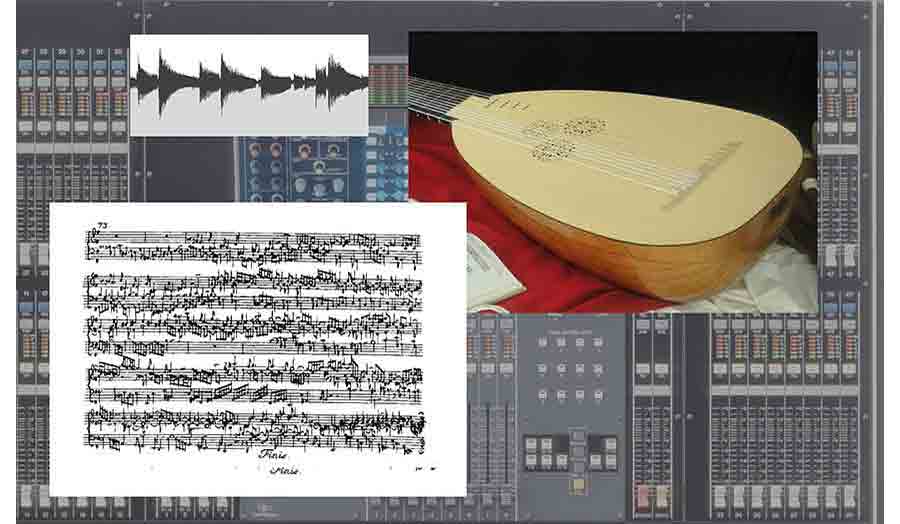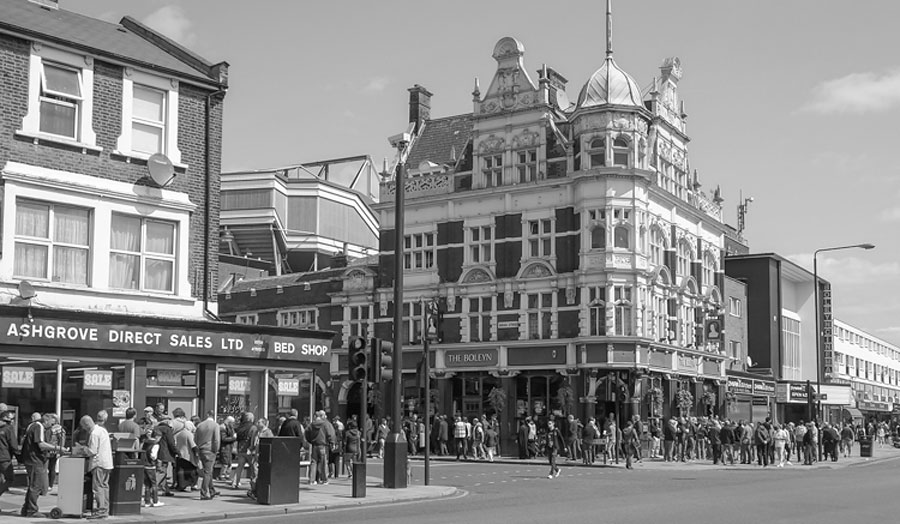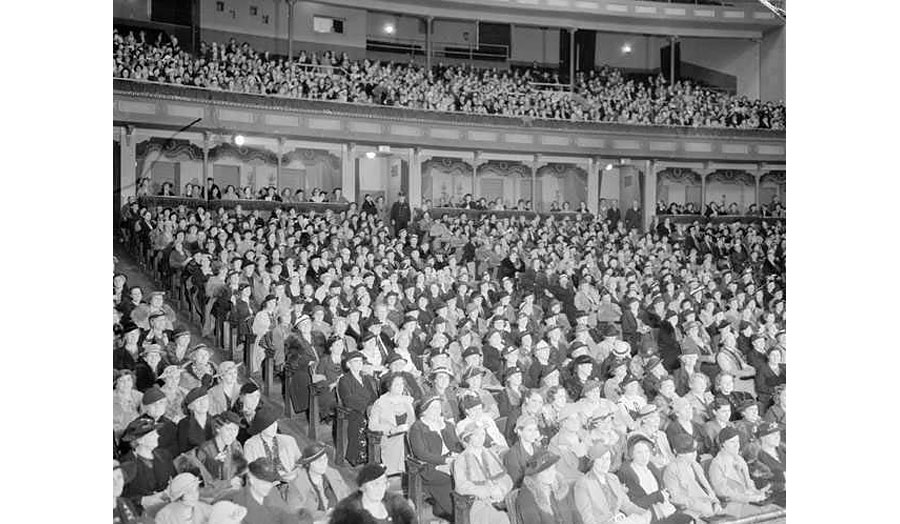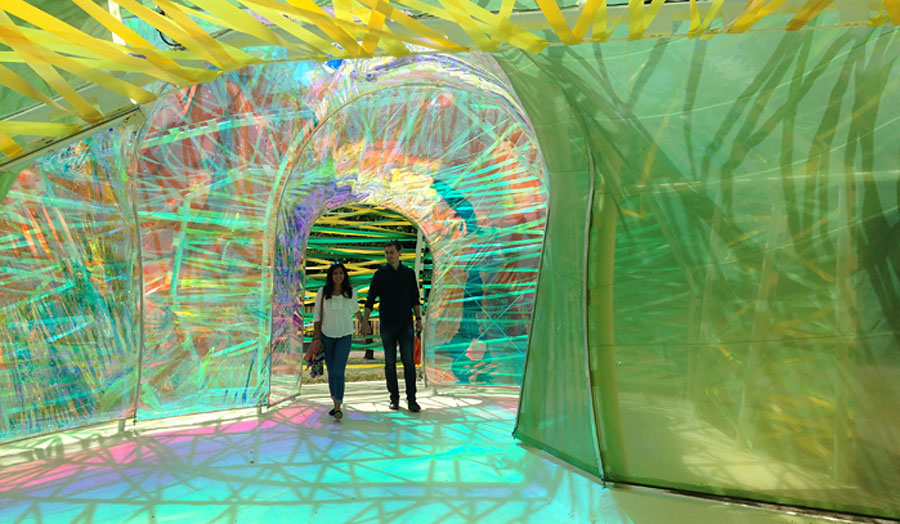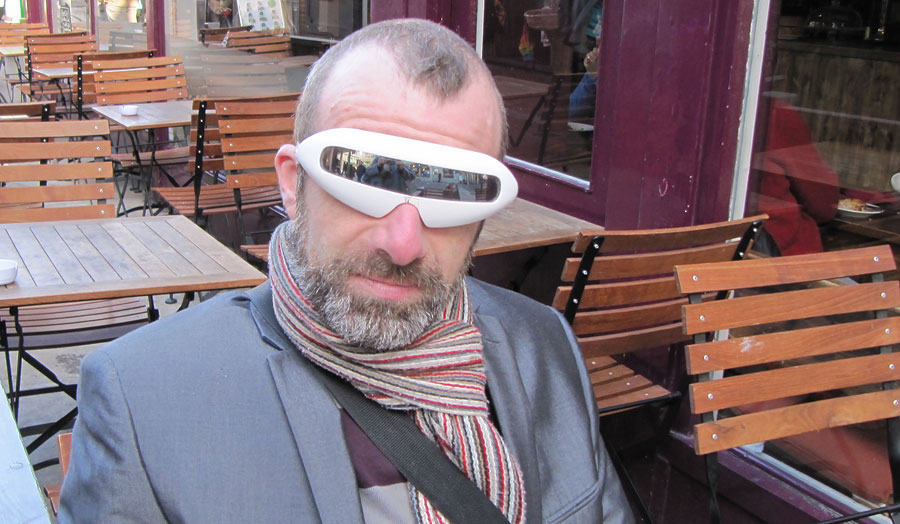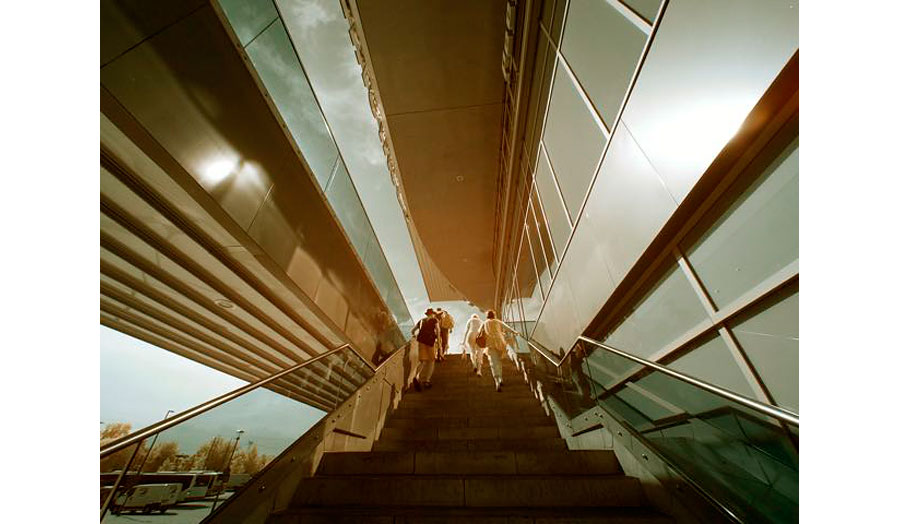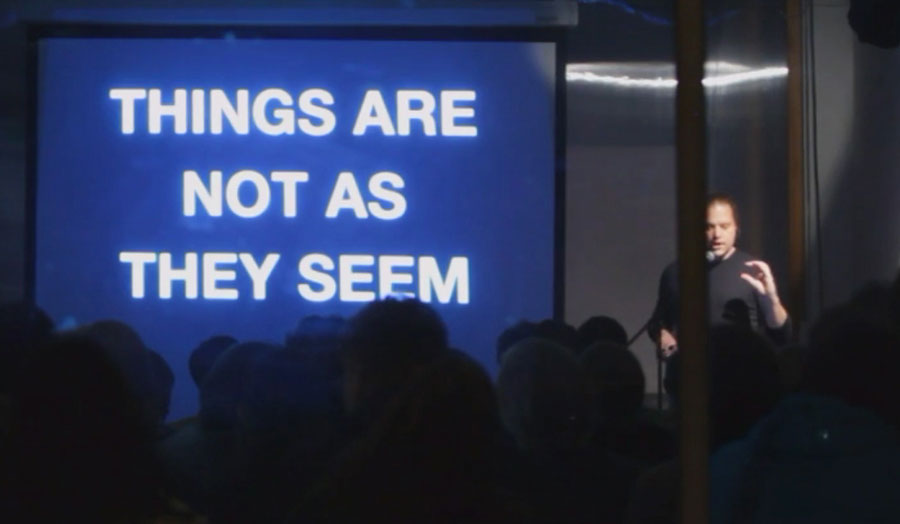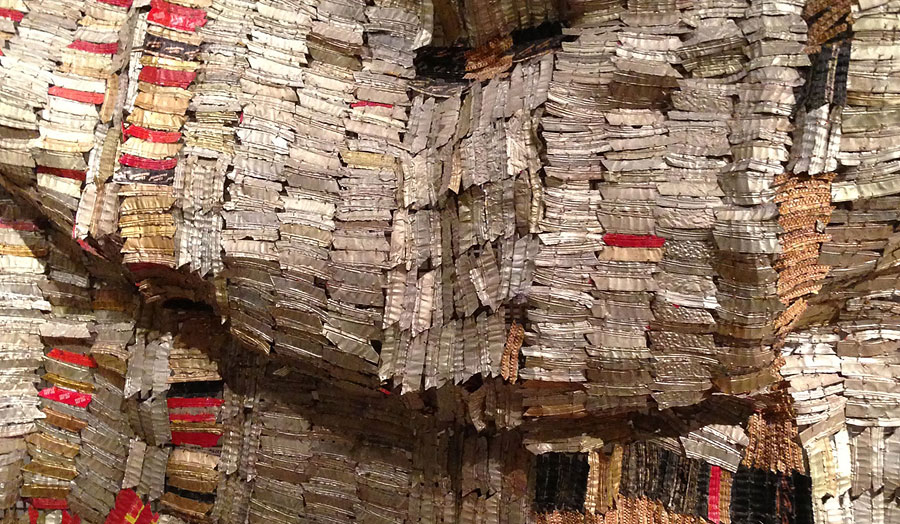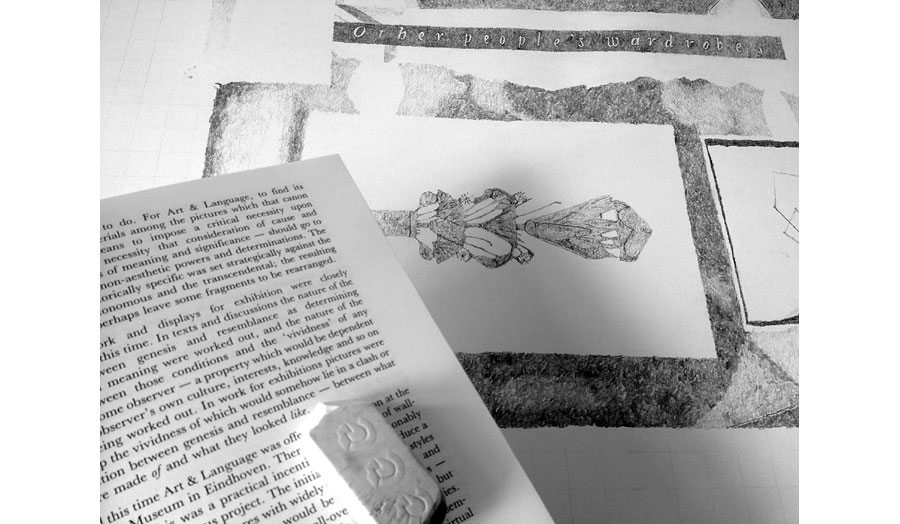Studio brief
The Anthropocene is a proposed geological epoch that is marked by human activities and their impact on Earth. This places the human as a species and geological agent in a critical dialogue with planetary changes such as climate change, extreme weather events, deforestation, and conflicts over resources. How to deal with these global changes is one of the most urgent questions we face as a species. The ‘Anthropocene’, which began its life as a scientific term has now entered the social sciences and the humanities encouraging a renewed dialogue among disciplines.
In this studio we will take a critical view of the environment and our interaction with it. We will animate different concepts of ‘nature’, the ‘air’ geological time, urbanism, planning, anthropogenic landscapes, and materialities that can address challenges posed by the anthropocene. Scale will function as methodology as we consider micro and macro, urban and periphery, moving from cities, territories, to tropical forests and oceans. The studio will use environmental history and political ecology as tools to analyse key conflicts, issues such as colonial encounters and contemporary social inequalities. It will encourage students to take novel approaches using texts from anthropology, philosophy, science studies, and geography, to understand, examine and evidence how art, literature, architecture, design, the sonic, and visual cultures as ‘practices’ situated between pragmatics and poetics that is contributing and shaping contemporary debates on the anthropocene.
This studio is ideal for students interested in environmental thinking, ecological and political awareness, and contemporary design practices.
Summer preparation
In order to prepare for the studio you may want to keep a ‘diary’ of any events, news, topics, books, films, art works or exhibitions that relate to your research interests around contemporary environmental issues that involve some kind of controversy, that is a matter of debate. For example, you could focus on air pollution in the city of London, fracking in the UK, news sources such as The Guardian website’s ‘environment’ section, the website from IPCC (Intergovernmental Panel on Climate Change), or Spike Lee’s documentary film ‘When The Levees Broke’ about the devastation of New Orleans after Hurricane Katrina and many other sources. Be creative and follow stories that strike an interest. Try to identify which actors are involved (pro and contra) and collect images through which you can tell the story in class.
Outline the first seven weeks of study
We will discuss key concepts, theories, timelines and develop a short lexicon of common terms drawing from across disciplines. There will be a strong emphasis on sharing student interests and practices through a series of thematic presentations. We will take several field trips including the Natural History Museum, Kew gardens and other sites of interest in London. We will explore how historical, curatorial and archival research can be powerful tools for developing arguments around the anthropocene thesis. We will share and discuss different styles of environmental writing, from travelogues, field notes, investigative journalism to activist writing and literary works. We will pay special attention to how environmental issues are presented in different forums, from scientific controversies, law to contemporary art exhibitions.
Reading list
- Michel Serres, The Natural Contract, Trans. by Elizabeth MacArthur and William Paulson (Ann Arbor: Michigan University Press, 1995).
- Anna Lowenhaupt Tsing, Friction: An Ethnography of Global Connection (New Jersey: Princeton University Press, 2004).
- Paul Edwards and Clark Miller (eds). Changing the Atmosphere: Expert Knowledge and Environmental Governance (Cambridge: HUP, 2001).
- Paul Crutzen and Will Steffen: "How long have we been in the Anthropocene Era? An Editorial Comment", in: Climatic Change 61 (2003), pp. 251-25.
- Will Steffen, et al, "The Anthropocene: Conceptual and historical perspectives", in: Philosophical Transactions of the Royal Society Academy 369 (2011), pp. 842-86.
- Rob Nixon. Slow Violence and the Environmentalism of the Poor, (Cambridge, MA: Harvard University Press, 2013).
- Tim Ingold, The perception of the Environment. Essays in livelihood, dwelling and skill, (London: Routledge, 2003).
- Forensis, ed. Forensic Architecture (Berlin: Sternberg Press, 2014).
- Jane Bennett, Vibrant Matter: A political ecology of things (Durham: Duke University Press, 2010).
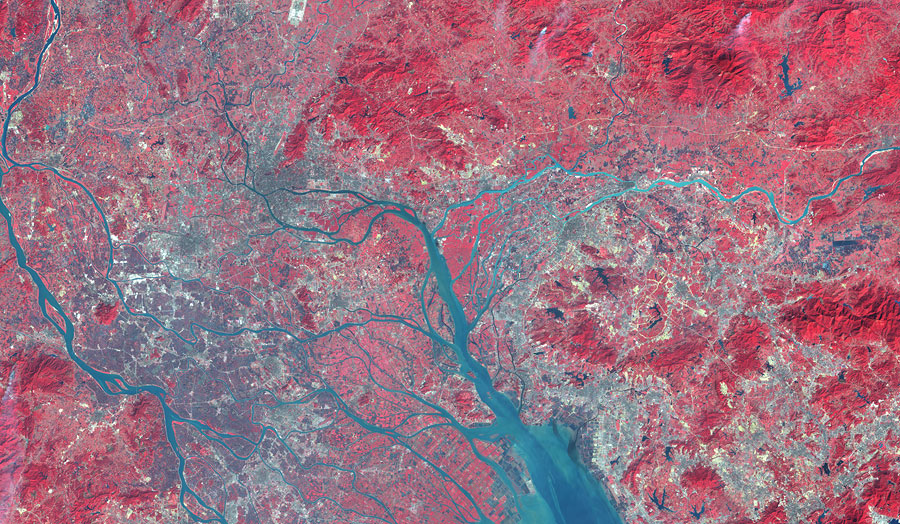
Details
| Tutor | Nabil Ahmed |
|---|



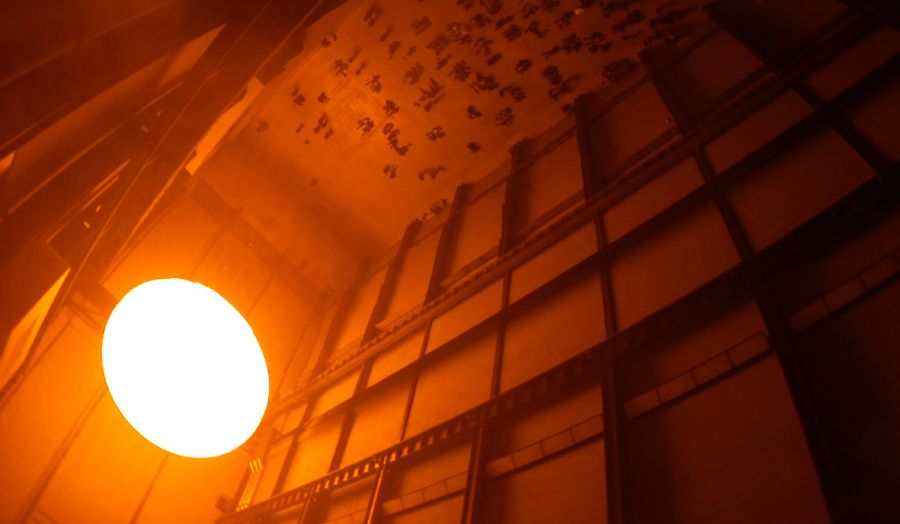
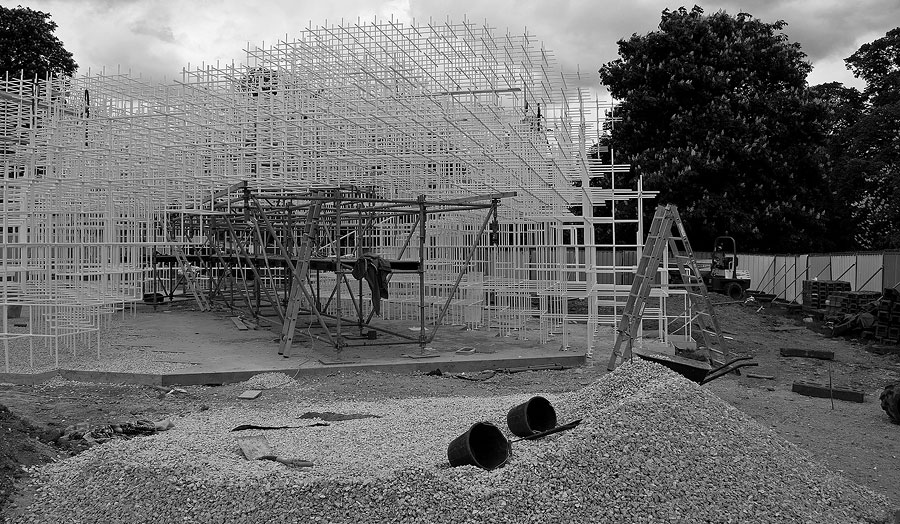
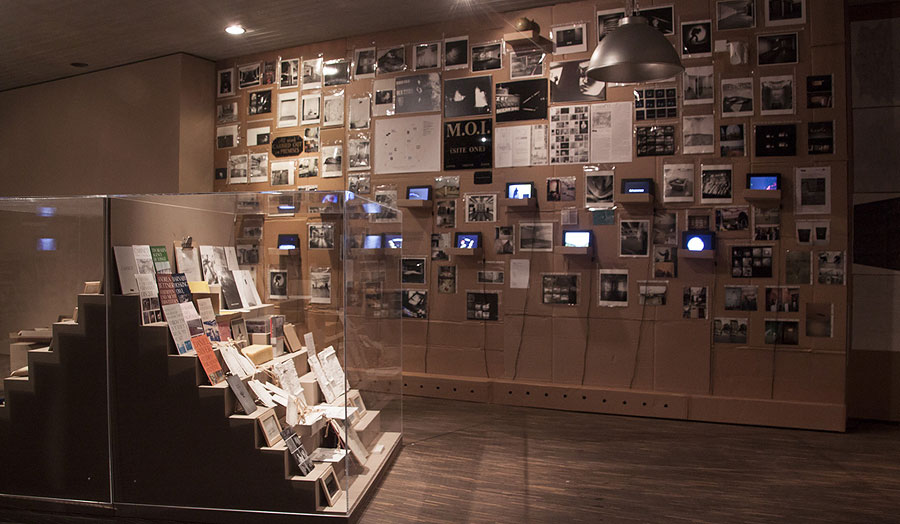


-(1).jpg)
